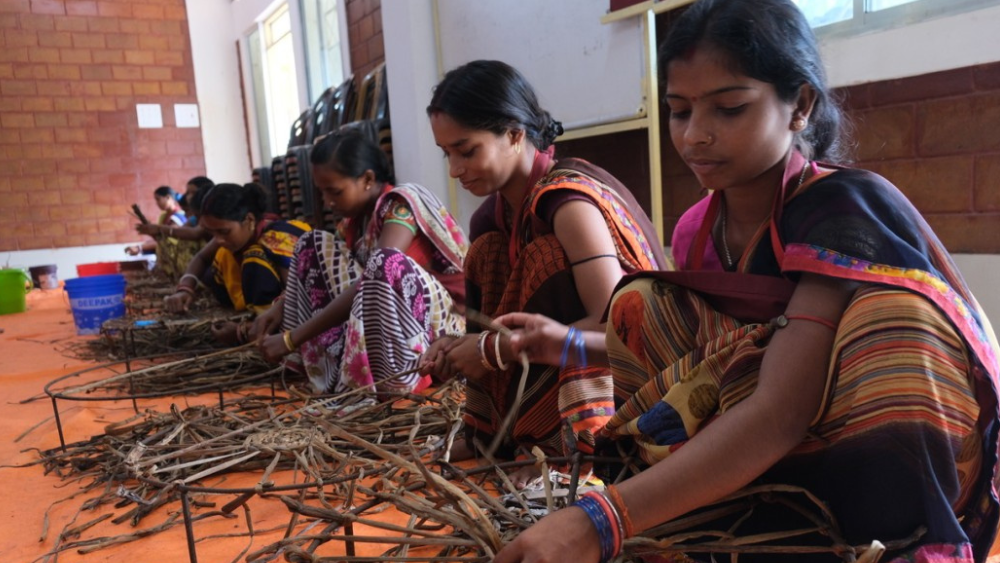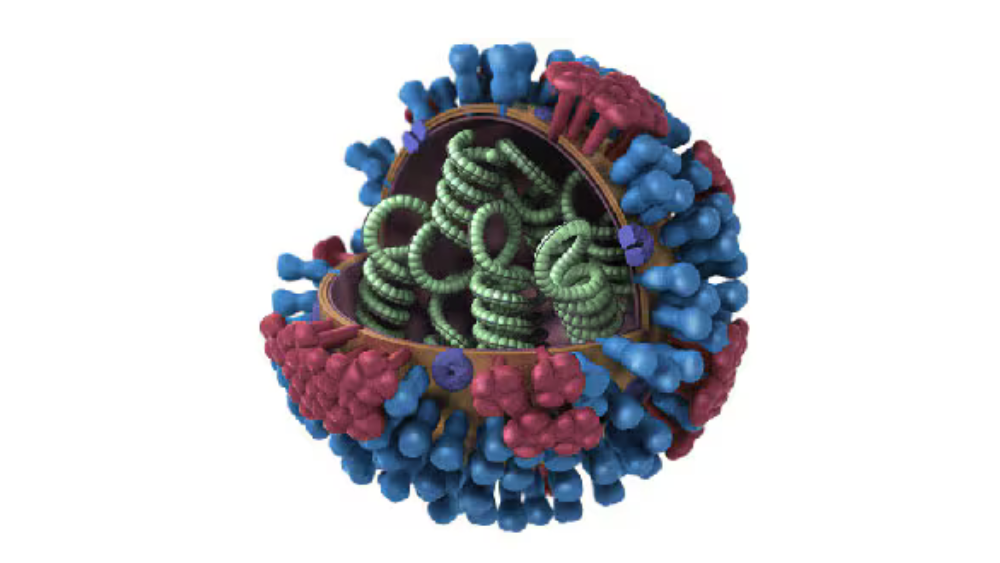
INCREASING THE EFFICIENCY OF GIRLS IN THE FIELD OF SKILL DEVELOPMENT
Questions :
Will the Minister of SKILL DEVELOPMENT AND ENTREPRENEURSHIP be pleased to
state:
- the programs being run by Government to increase the skill potential of girls in the field of skill development;
- the number of girls who have received skill development training during the last three years in the country including Haryana under these programs, the district-wise details thereof; and
- the number of girls trained in these programs who have been successful in getting employment in the country including Haryana during the last three years, details thereof?
ANSWER
MINISTER OF STATE IN THE MINISTRY OF SKILL DEVELOPMENT AND ENTREPRENEURSHIP
(SHRI RAJEEV CHANDRASEKHAR)
- Under Skill India Mission, Ministry of Skill Development and Entrepreneurship (MSDE) delivers skill training to all sections of the society, including girls, through a comprehensive network of skill development centres/institutes across the country under various schemes viz. Pradhan Mantri Kaushal Vikas Yojana (PMKVY), Jan Shikshan Sansthan (JSS), National Apprenticeship Promotion Scheme (NAPS) and Craftsmen Training Scheme (CTS) through Industrial Training Institutes (ITIs). The brief of these schemes is as under:
Pradhan Mantri Kaushal Vikas Yojana (PMKVY): PMKVY is a demand-driven Scheme for imparting skill development training through Short-Term Training (STT) and Recognition of Prior Learning (RPL) to youth across all States/ Union Territories (UTs).
Jan Shikshan Sansthan (JSS) Scheme: The main target of the JSS is to impart vocational skills to the non-literates, neo-literates and the persons having rudimentary level of education upto 8th standard and school dropouts upto 12th standard in the age group of 15-45 years, with due relaxation in case of “Divyangjan” and other deserving cases. Priority is given to Women, SC, ST, OBC and Minorities.
National Apprenticeship Promotion Scheme (NAPS): This Scheme is for promoting apprenticeship training and increasing the engagement of apprentices by providing financial support to industrial establishments undertaking apprenticeship programme under the Apprentices Act, 1961. Training consists of Basic Training and On-the-Job Training / Practical Training at workplace in the industry.
Craftsmen Training Scheme (CTS): This scheme is for providing long-term training through Industrial Training Institutes (ITIs) across the country. The ITIs offer a range of vocational/skill training courses covering a large number of economic sectors with an objective to provide skilled workforce to the industry as well as self employment of youth.
- The district-wise number of girls trained under PMKVY, NAPS, JSS and CTS during the last three years viz. 2019-20 to 2021-22 is at Annexure-I, Annexure-II, Annexure-III and Annexure-IV Since the details in the said Annexures are too lengthy, it is available on the website of the Ministry of Skill Development and Entrepreneurship at the following link https://www.msde.gov.in/en/useful-links/parl-ques/rajya-sabha.
- Amongst the schemes of the MSDE, placements are specifically tracked under PMKVY. A total of 5,07,590 females have been reported placed across the country during the last three years( 2019-20, 2020-21 & 2021-22) under PMKVY, out of which 18,874 are from the State of Haryana. As regards other schemes of MSDE, third party evaluation reports have mentioned about success in terms of placement or increases in income of candidates trained. As far as the employment of the JSS scheme beneficiaries is concerned, third party evaluation report of the scheme observed that as an impact of the training programme conducted at JSSs, the self and wage employment and private job have become evident. The report has further observed that usefulness of the scheme would be further evident from the fact that 77.05% of the beneficiary trainees have undergone occupational shifts. The final report of Tracer Study of ITI Graduates (published in January 2018 by the Ministry of Skill Development & Entrepreneurship, GoI) mentions that 63.5% of total ITI pass-outs got employed (wage+ self, out of which 6.7% are self-employed).




